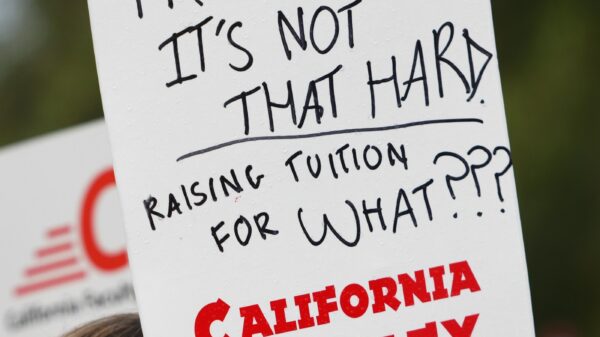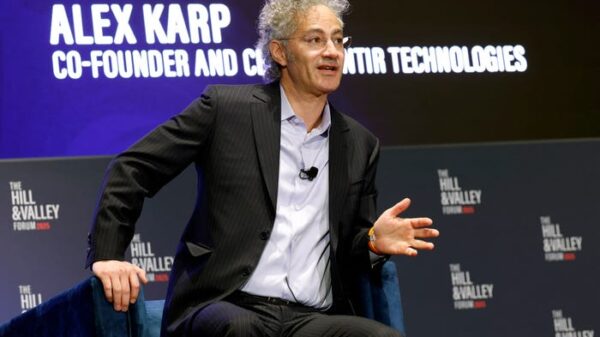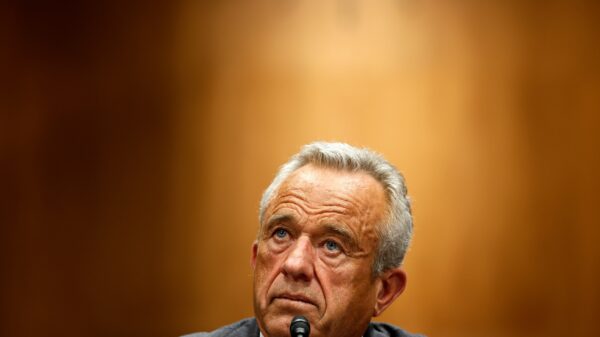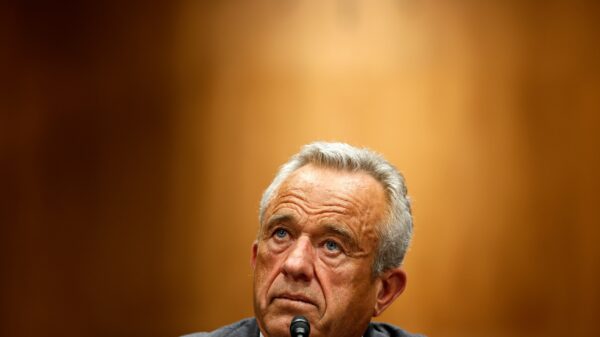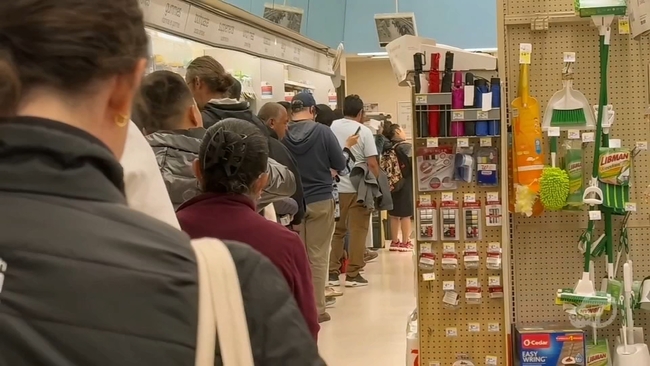UPDATE: San Francisco has just announced the formation of an urgent task force aimed at preserving independent pharmacies as corporate chains continue to close their doors. This decisive action comes amid a troubling landscape for local pharmacies, with only three remaining in Chinatown, down from ten just decades ago.
Peter Lo, owner of Wellman’s Pharmacy, has dedicated 38 years to serving the Chinatown community. “I love it. I come here every day. Except Sundays,” he stated, highlighting his commitment. However, the recent closure of the Central Drug Store—operating for 100 years—underscores a stark reality. Owner Jerry Tonelli announced his retirement, further diminishing the number of independent options.
In a dramatic shift, Walgreens is set to close 12 pharmacies in San Francisco as part of a nationwide reduction of 1,200 stores. “We see that we have been dependent on corporate pharmacy, and when they close, they really impact our neighborhood,” declared Connie Chan, San Francisco Supervisor. This pattern of decline has affected communities like Richmond, where two Walgreens shuttered in the last five years.
The closures stem from “increased regulatory and reimbursement pressure,” which have also strained smaller pharmacies. “It’s not easy, I can tell you,” Lo remarked. “We are highly regulated and have to work under different agencies.” The reimbursement rates, heavily influenced by pharmacy benefit managers (PBMs), further complicate their survival.
In response to this crisis, city supervisors are mobilizing to support independent pharmacies through the new task force. Their goals include evaluating policy recommendations that could allow the San Francisco Department of Public Health to act as a wholesaler for medications. Additionally, they aim to expand the “347b program”, which provides affordable medications for low-income households under Medicaid.
Supervisor Chyanne Chen emphasized the need for a streamlined permitting process for independent pharmacies. “We can be creative and innovate and bring community voice,” she stated.
Consumer behavior is shifting, with more people opting for medication delivery services, which adds pressure to these local businesses. However, the formation of the Independent Pharmacy Task Force offers a glimmer of hope. “I’m so glad that we have the attention of the supervisors,” Lo expressed, reflecting the community’s relief at the support.
The task force is still pending final approval from the full board of supervisors, which is expected to occur by winter 2025. As these developments unfold, the fate of independent pharmacies in San Francisco hangs in the balance, making this a crucial moment for local healthcare access.
Stay tuned for further updates on this urgent issue affecting the community.



